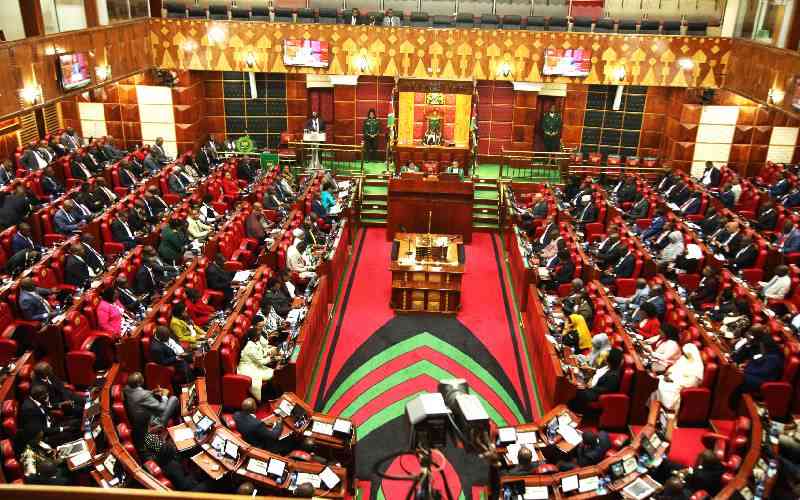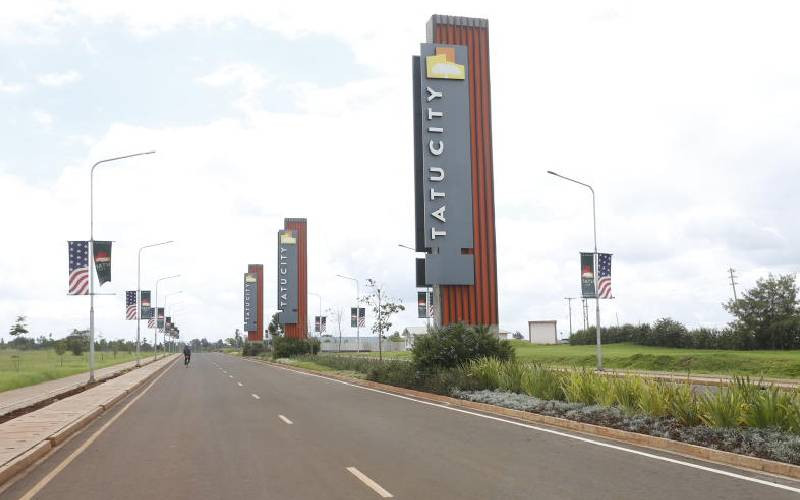
History has taught us that in many scenarios of revolution, one oppressive system gets replaced with another. The African Americans, for instance, did not envision that slavery would be replaced with Jim Crow and the prison industrial complex. After the American Civil War was fought over the question of slavery and won in favour of the North and its decision to do away with it, they did not envision that the former slave states, suddenly finding a huge gap in their access to free labour, would resort to arresting Black people en masse for minor infractions or no crime at all, and putting them in chain-gangs to work the plantations for free as prisoners of the State. Slavery had been abolished, but freedom had not yet been won.
Similarly, it was impossible to envision that the protests of the past few months, whose purpose was to functionally improve the lives of Kenyans by easing their financial burden, would consolidate power in such a manner as to completely stifle dissent within government, resulting in changes as drastic as we have been witnessing lately. On the one hand, great progress was made over a relatively short period of time. The Finance Bill of 2024 that had so agitated the masses was done away with. Cabinet was dissolved with the aim of bringing in people who were better suited for their dockets and, even though the movement had argued that Cabinet should be dissolved in order to make it leaner, it still appeared that some progress was being made.







